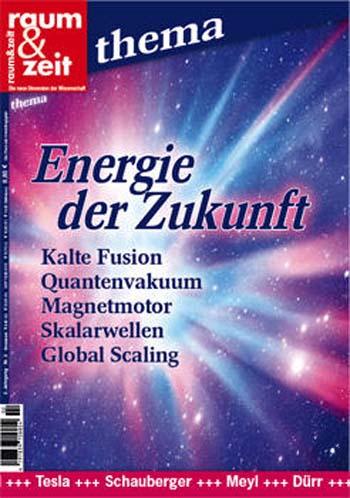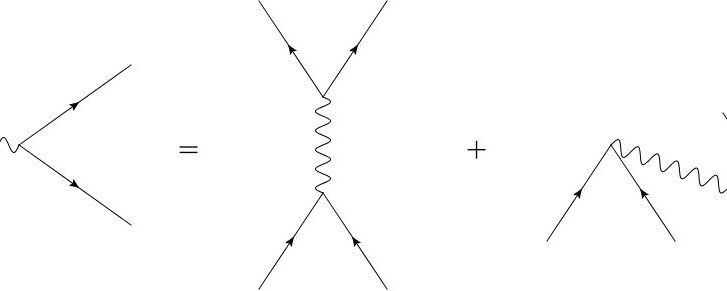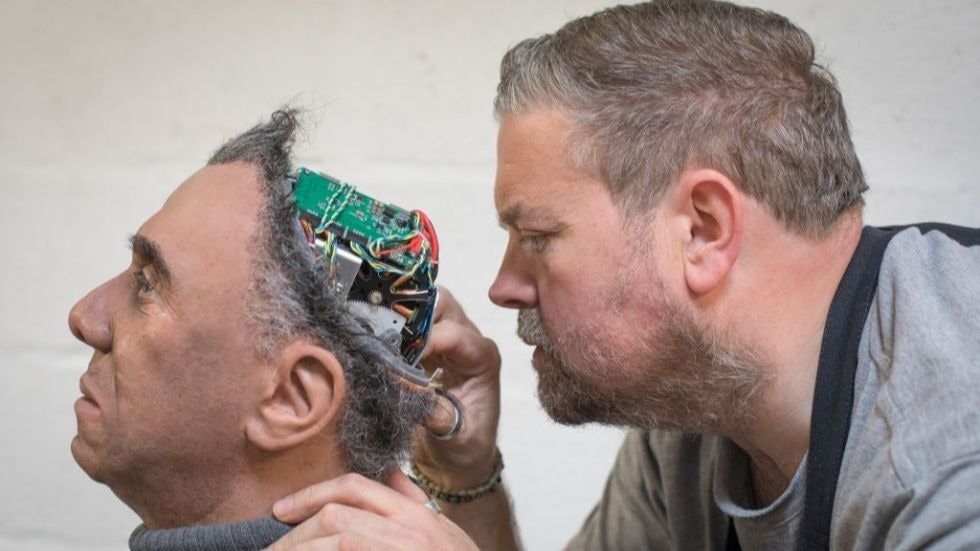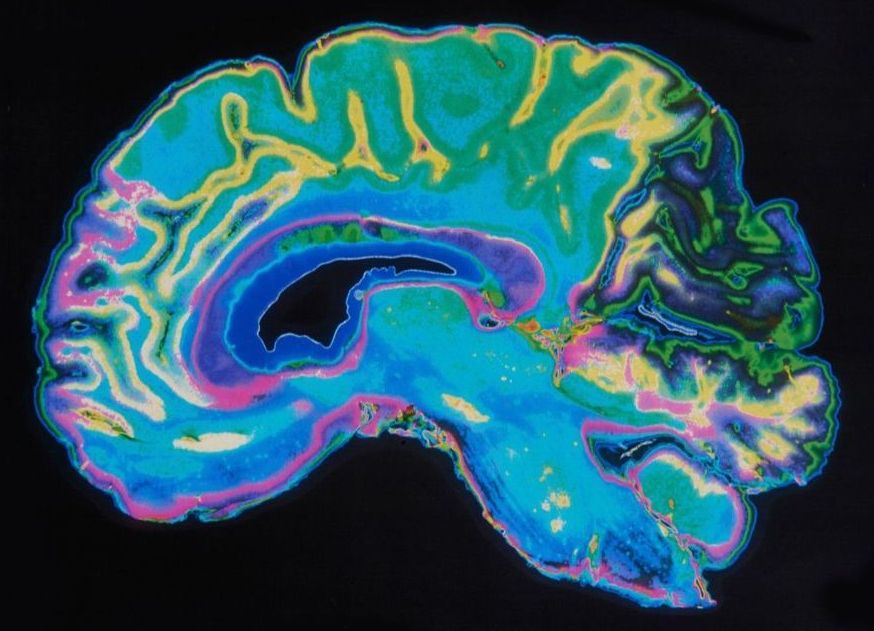Nov 11, 2019
Chinese State-Run Newspaper Publishes Bitcoin Introductory Article
Posted by Klaus Baldauf in categories: bitcoin, cryptocurrencies
China’s cryptocurrency and blockchain appreciation continue as Xinhua, another state-run media organization publishes a full article about bitcoin. Some commentators opine that the flurry of positive digital currency sentiments in the country is part of Beijing’s efforts to normalize the industry before introducing the proposed digital RMB.
Despite these positive signs, trading and initial coin offerings (ICOs) remain banned. However, there appears to be a movement towards nationalizing the Chinese crypto space. Such a move might prompt a response from state actors in the West to adopt more crypto-friendly policies or risk losing out to China in the race for control of the emerging digital landscape.


















